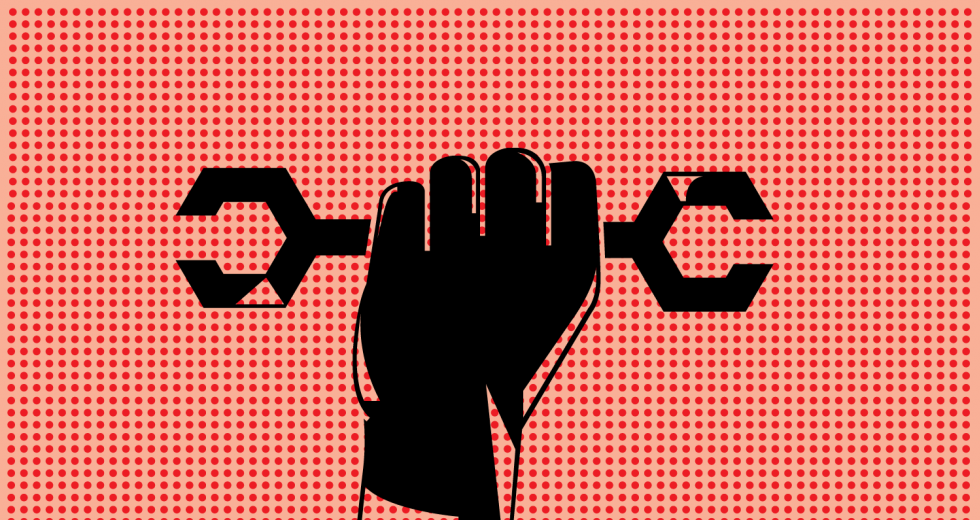American-made products are in greater demand internationally, opening up another revenue stream for businesses that want to export. PASCO Scientific, an American manufacturer of lab equipment for hands-on STEM education, has expanded its business through export opportunities.
“Greater than half of our business comes from exporting,” says Kevin Mather, vice president of global sales. “It’s a key piece of our growth strategy.” The 52-year-old, privately-held company which employs 160 people and sells products in over 100 countries, has been exporting for more than 35 years.
To help build its business, PASCO has received export assistance from a variety of sources, including the Northern California World Trade Center in Sacramento, which is part of the larger international trade center network comprised of 300 World Trade Centers in more than 100 countries. “Our mission is to help the Capital Region grow by providing a platform for American businesses that are interested in exporting opportunities,” says NCWTC president and CEO Renée Taylor.
PASCO Scientific has tapped into the NCWTC’s connections as part of its international business strategy. “NCWTC helps provide resources and education, and facilitates the introductions we need to make connections with the right decision-makers internationally,” says Mather. “Through those connections we are able to develop and manage the partnerships we need to be successful in the global marketplace.”
To produce its products and materials, PASCO relies on its highly qualified STEM workers who possess a unique skill set to build the company’s signature physics apparatus and sensor products. But the company uses both domestic and international suppliers. “We review the total cost for our components and materials, and then make our decisions,” says Mather. “All things being equal, we will take a domestic supplier over an international one. The culture, language, proximity and time zone all favor sourcing in the U.S.”
For more on manufacturing, check out Laurie Lauletta Boshart’s October feature, “Industrial Titan.”



